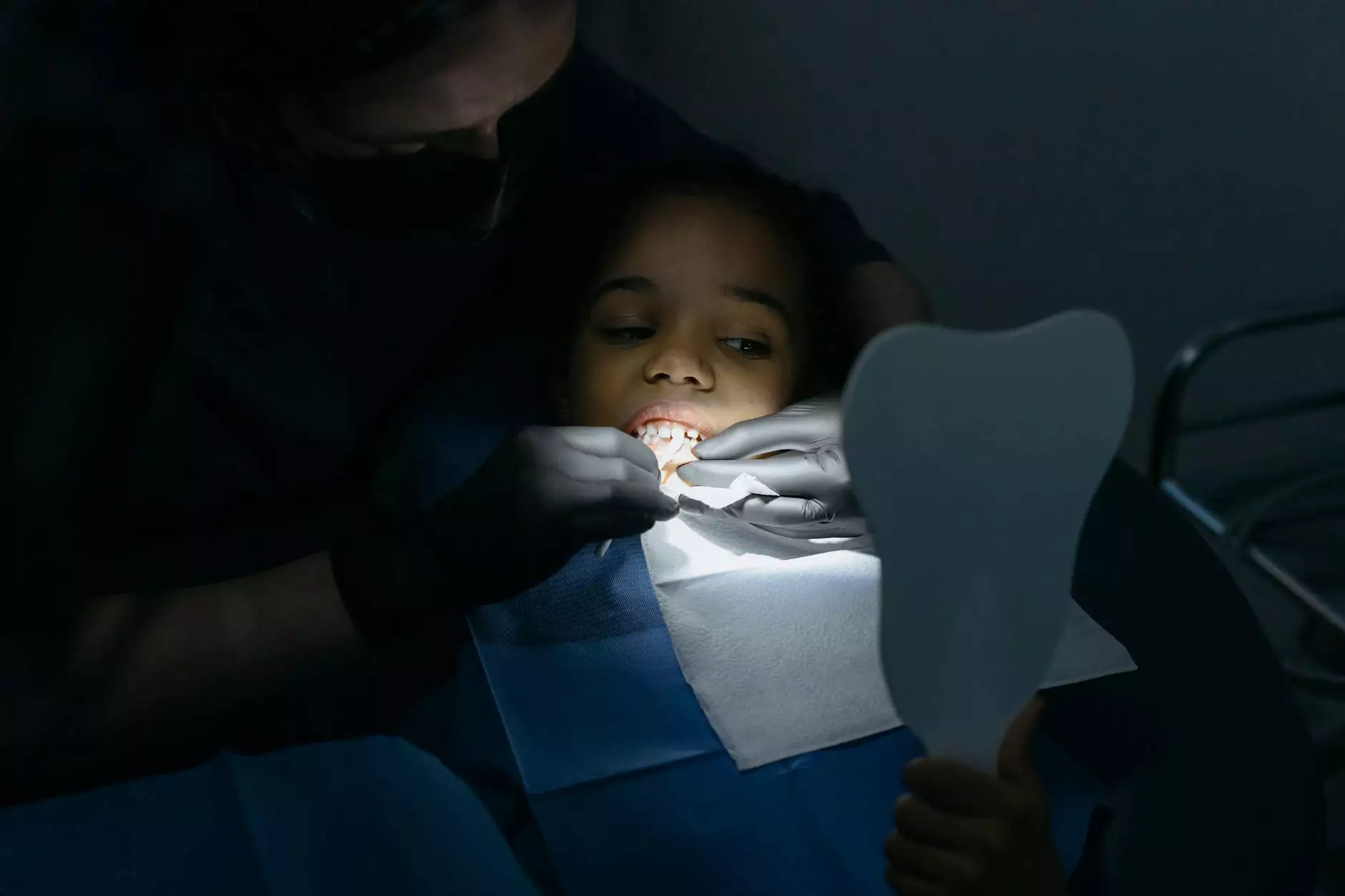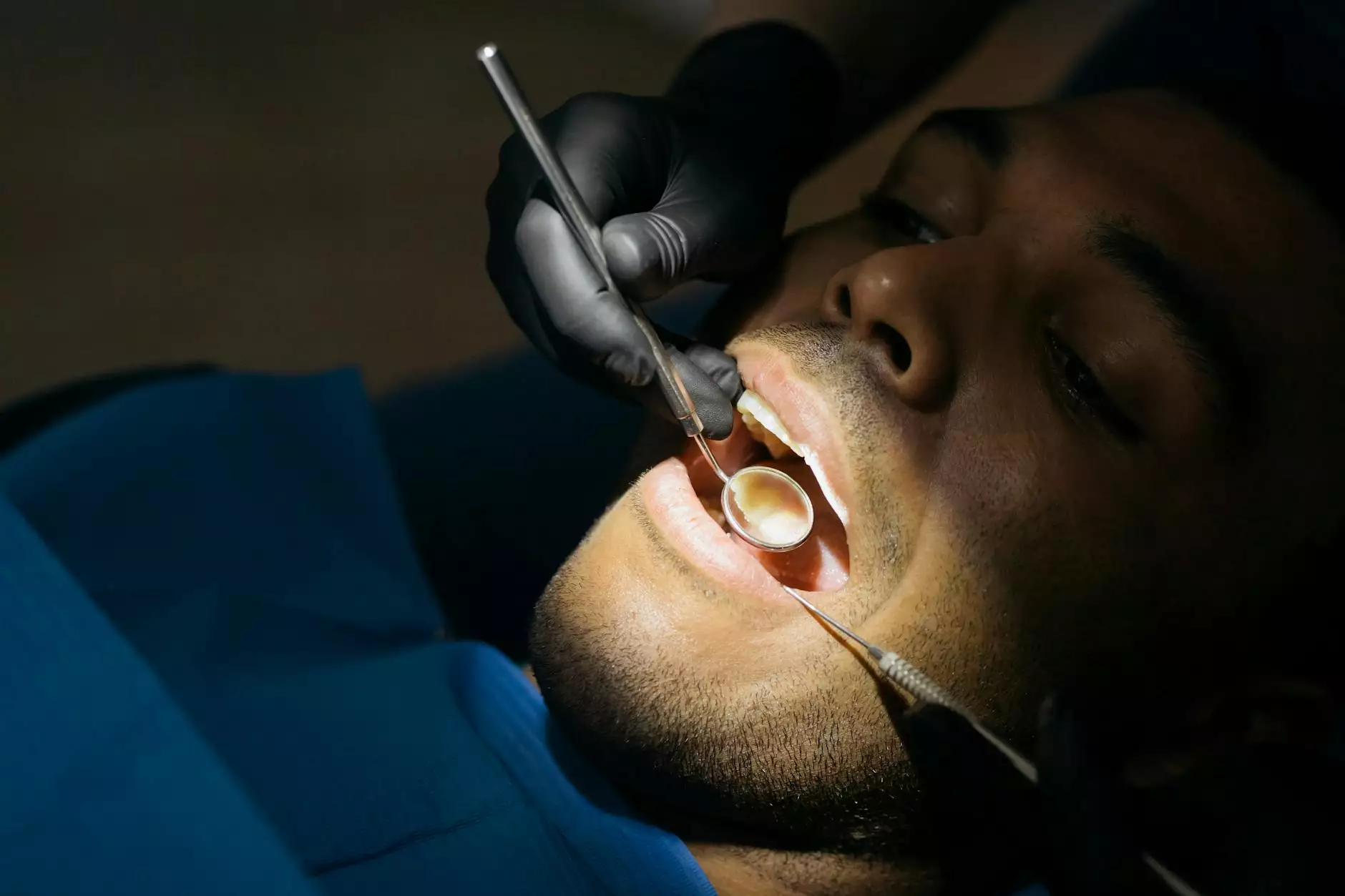Mobile Dental Clinic Business Plan: A Comprehensive Guide

1. Executive Summary
The mobile dental clinic business plan serves as a pivotal document that articulates the vision, objectives, and strategies of a dental practice designed to deliver high-quality dental care directly to patients in their communities. The core premise of this innovative healthcare model revolves around enhanced accessibility, patient comfort, and the provision of essential dental services to underserved populations. With an emphasis on preventative care and education, the mobile clinic aims to bridge the gap in dental health disparities, thereby fostering improved community health outcomes.
2. Market Analysis
To ensure the successful launch and sustainability of the mobile dental clinic, comprehensive market analysis is imperative. This section delves into understanding the target market, including demographics, evolving market needs, competitive landscape, and trends in mobile healthcare delivery.
2.1 Target Market
The primary target market for our mobile dental clinic includes:
- Families and children: Many families struggle to access routine dental care due to factors such as transportation issues and financial constraints.
- Senior citizens: Often facing mobility challenges, older adults benefit significantly from home-based dental services.
- Low-income communities: These populations frequently lack access to essential healthcare services, presenting a unique opportunity for the mobile dental clinic.
2.2 Competition Analysis
Conducting a thorough examination of competing dental service providers, including both stationary practices and other mobile clinics, reveals several insights:
- Identifying established players in the market and their service offerings.
- Evaluating their strengths and weaknesses in terms of patient care, technology usage, and pricing.
- Understanding gaps in service that our clinic can effectively address.
2.3 Trends in Mobile Healthcare
The mobile healthcare sector is rapidly evolving, influenced by several key trends:
- Technological advancements: Innovations in telehealth, electronic patient records, and portable dental equipment enhance service delivery.
- Increasing demand for convenience: Patients seek healthcare solutions that fit seamlessly into their lifestyles.
- Patient-centered care: Emphasis is placed on individualized care that respects patients' needs and preferences.
3. Services Offered
The mobile dental clinic will provide a comprehensive range of dental services tailored to meet the needs of our diverse patient demographic:
- Routine Check-ups: Comprehensive oral examinations focusing on preventive care.
- Dental Cleanings: Prophylaxis to remove plaque and tartar, promoting oral health.
- Preventative Care: Application of sealants and fluoride treatments to reduce decay.
- Emergency Services: Immediate care for urgent dental issues such as pain management and extractions.
- Oral Health Education: Providing patients with knowledge and tools for maintaining dental hygiene.
4. Business Model
The business model for the mobile dental clinic is designed to ensure operational efficiency and maximize patient outreach. Key components include:
4.1 Mobile Operations
The clinic operates from a fully-equipped, customizable vehicle that meets all regulatory standards for healthcare. Logistics will include:
- Scheduling: Strategic planning of service days and locations to reach various communities effectively.
- Staffing: Employing licensed dental professionals and support staff trained in mobile healthcare services.
- Equipment: Utilization of portable, high-quality dental tools tailored for mobile use.
4.2 Patient Engagement
Engaging with patients and establishing a rapport will be essential. This will involve:
- Incentive programs: Offering discounts or free services for referrals.
- Mobile app and website: Enabling online booking and patient communication.
5. Marketing Strategy
A robust marketing strategy is critical for reaching potential patients and establishing the mobile clinic's presence in the community. Strategies include:
5.1 Community Outreach
Partnering with local organizations, schools, and healthcare providers to create awareness of available services.
5.2 Digital Marketing
Utilizing social media platforms and search engine optimization (SEO) tactics to enhance online visibility.
5.3 Event Participation
Participating in health fairs, community events, and free dental clinics to build brand recognition and showcase services.
6. Financial Projections
Strategically outlining financial projections will illuminate the mobile dental clinic's profitability and sustainability. Key areas to project include:
6.1 Startup Costs
The necessary startup costs encompass vehicle acquisition and customization, equipment purchase, licensing, and operational expenses such as staffing and marketing.
6.2 Revenue Forecasts
Estimated revenue will be based on projected patient volume, average service fees, and service frequency.
6.3 Break-even Analysis
Conducting a break-even analysis will determine the minimum revenue required to cover costs, providing a clear financial target for the mobile dental clinic's first operational year.
7. Operational Plan
The operational plan will provide clarity on the logistical and day-to-day aspects of running the mobile dental clinic:
7.1 Daily Operations
Details regarding the scheduling of clinic stops, service delivery timelines, and patient flow management will be outlined.
7.2 Health and Safety Compliance
Adhering to local and federal healthcare regulations to ensure the safety and well-being of both staff and patients. This includes:
- Regular inspections and maintenance of equipment.
- Compliance with infection control and biohazard disposal practices.
7.3 Evaluation and Feedback
Implementing systems for collecting patient feedback to continually improve services and patient satisfaction.
Conclusion
In conclusion, the formulation of a well-rounded mobile dental clinic business plan is paramount for driving impact in community dental health. By focusing on accessibility, comprehensive service offerings, and strategic marketing, the mobile clinic will not only meet but exceed the expectations of underserved populations. The integration of current market trends and solid financial projections illustrates a promising investment opportunity for stakeholders invested in the future of dental care.









